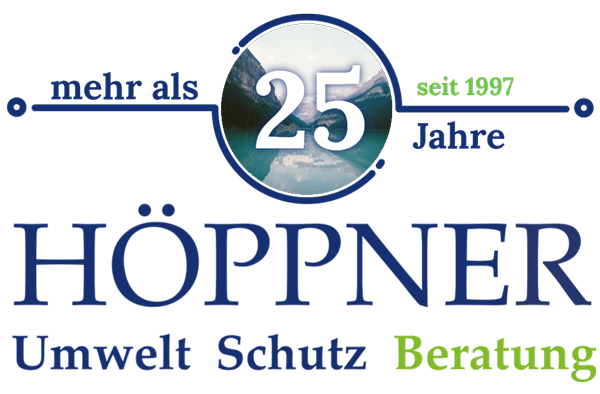The Federal Ministry of Labor and Social Affairs and the German statutory accident insurance have published a uniform occupational safety standard in the wake of the corona pandemic. The measures must be implemented immediately by all companies and are intended to interrupt possible chains of infection and minimize infection rates. Here is a brief excerpt from the guide. Please find detailed information on the websites of the BMAS or the DGUV.
- Workplaces must always be designed in such a way that employees can keep a minimum distance of 1.5 m from other employees. This also applies to canteens and the distribution of food, as well as other areas in which people can be hit. The distances are to be made clear.
- If possible, the workplaces should be separated from each other by protective devices such as transparent plastic walls.
- Such partition walls are mandatory in workplaces that are open to the public (cashier in grocery stores).
- Soap, towel dispensers and disinfectant dispensers must be provided in sanitary rooms, but also in other common rooms and break rooms.
- Depending on the intensity of use, the rooms must be cleaned and, if necessary, disinfected at regular intervals, much more frequently than usual. This also applies to doorknobs and handrails.
- Teams of no more than 2-3 people should be as small as possible on construction sites and in agriculture. This also applies to trips to work assignments. Additional facilities to enable hand hygiene must be created on construction sites. Trips to procure or deliver materials are to be kept as low as possible through organizational measures.
- For parcel services, the Federal Ministry of Labor and Social Affairs stipulates that vehicles should be specially equipped with utensils for hand hygiene, disinfection, paper towels and garbage bags.
- Wherever possible, employees should be able to work from home. Regular virtual meetings are also recommended in order to maintain communication within the team and to specify attendance times for the home office.
- For business trips, there is an absolute restriction to what is absolutely necessary and, as far as possible, the use of technical alternatives such as online meetings, telephone or video conferences.
- Work equipment and protective clothing such as tools, overalls, privacy screens, etc. should be used on a personal basis. If this is not possible, the employer should provide suitable protective gloves.
- The employer should provide suitable measures for the temporal equalization of the occupancy density of work areas and shared facilities (staggered breaks).
- In particular, the employee should offer advice that is as individual as possible, if necessary from the company doctor, to the risk groups employed in his company, i.e. employees over 60 or employees with corresponding previous illnesses. In such cases, company doctors are often able to suggest suitable infection protection measures to the employer, individually tailored to the respective employee.
You can view the SARS-CoV-2 occupational safety standard in detail on the BMAS website.
—
Image Credit: Photo by JESHOOTS.COM on Unsplash
